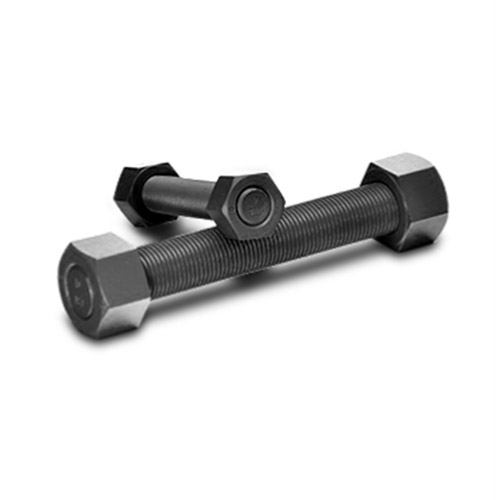car ac hose pipe
Nov . 02, 2024 02:42 Back to list
car ac hose pipe
Understanding Car AC Hose Pipes Importance and Maintenance
A car's air conditioning (AC) system is essential for providing comfort, especially during hot weather. One of the critical components of this system is the AC hose pipe, which plays a vital role in the circulation of refrigerant and the overall functionality of the air conditioning system. In this article, we will explore the significance of AC hose pipes, common issues, and maintenance tips.
What is an AC Hose Pipe?
The AC hose pipe is a flexible tube that connects various components of the air conditioning system. It transports refrigerant between the compressor, condenser, evaporator, and expansion valve. Typically made of rubber, metal, or a combination of materials, these hoses are designed to withstand high pressures and extreme temperatures. There are generally two types of hoses the high-pressure hose, which carries refrigerant from the compressor to the condenser, and the low-pressure hose, which returns the refrigerant from the evaporator back to the compressor.
Importance of AC Hose Pipes
AC hose pipes are crucial for the efficient operation of a vehicle’s air conditioning system. They ensure that refrigerant flows smoothly throughout the components, allowing for effective heat exchange and temperature regulation inside the cabin. A faulty or damaged AC hose can lead to refrigerant leaks, reduced cooling efficiency, and even complete system failure. Therefore, regular inspections and proper maintenance of these hoses are necessary to ensure your vehicle's AC performance.
Common Issues with AC Hose Pipes
car ac hose pipe

Over time, AC hose pipes can develop various problems, primarily due to wear and tear, exposure to heat, and road conditions. Some of the common issues include cracking, bulging, and leaking hoses. Signs of problems can include a reduction in cooling efficiency, unusual noises coming from the AC system, or visible signs of refrigerant leakage (often a greasy residue or oily stain around the hose).
Maintenance Tips
1. Regular Inspections Have your vehicle's AC system inspected regularly by a professional mechanic. This can help identify problems with the hoses before they become severe.
2. Check for Leaks If you notice any signs of refrigerant leaks, get the hoses checked immediately. The longer you wait, the more damage can occur.
3. Keep Hoses Clean Ensure that the hoses are clean and free from debris. Dirt and grime can lead to corrosion and deterioration over time.
4. Climate Considerations If you live in an area with extreme temperatures, consider checking your AC hoses more frequently, as they may be subject to additional stress.
In conclusion, taking care of your car's AC hose pipes is essential for maintaining an efficient air conditioning system. By being proactive in your vehicle's maintenance, you can enjoy a comfortable driving experience regardless of the weather conditions.
